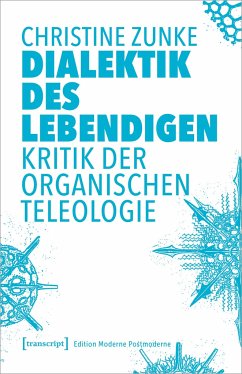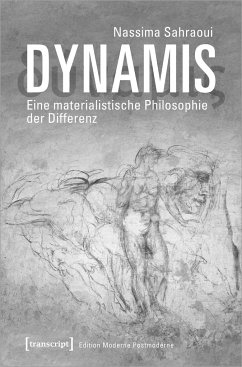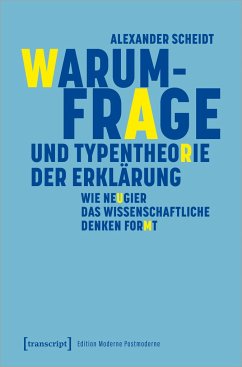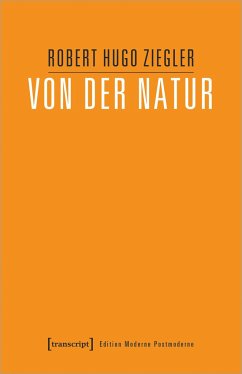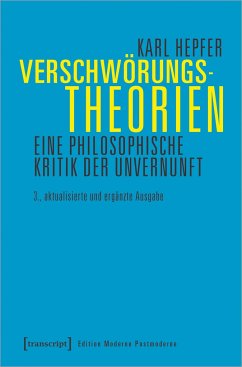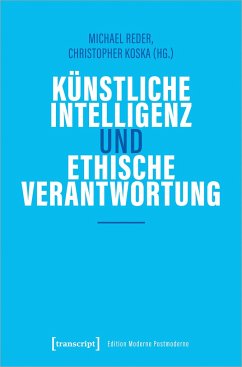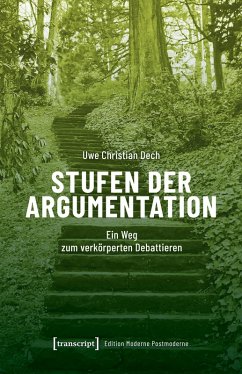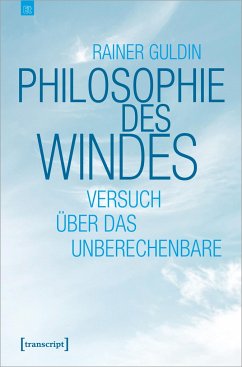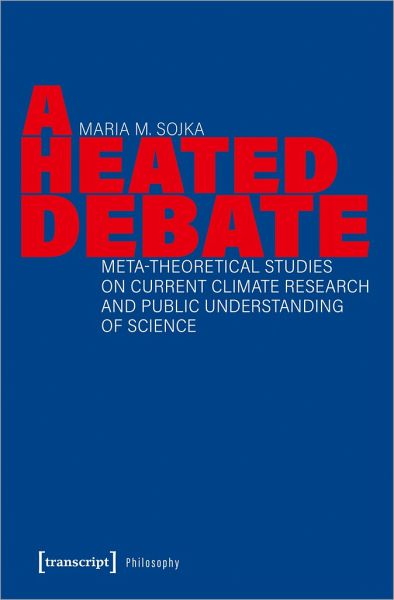
A Heated Debate
Meta-Theoretical Studies on Current Climate Research and Public Understanding of Science

PAYBACK Punkte
18 °P sammeln!
Ever since climate change has been identified as one of the most significant challenges of humanity, climate change deniers have repeatedly tried to discredit the work of scientists. To show how these processes work, Maria M. Sojka examines three ideals about how science should operate. These ideals concern the understanding of uncertainties, the relationship between models and data, and the role of values in science. Their widespread presence in the public understanding of science makes it easy for political and industrial stakeholders to undermine inconvenient research. To address this issue...
Ever since climate change has been identified as one of the most significant challenges of humanity, climate change deniers have repeatedly tried to discredit the work of scientists. To show how these processes work, Maria M. Sojka examines three ideals about how science should operate. These ideals concern the understanding of uncertainties, the relationship between models and data, and the role of values in science. Their widespread presence in the public understanding of science makes it easy for political and industrial stakeholders to undermine inconvenient research. To address this issue, Sojka analyses the importance of tacit knowledge in scientific practice and the question of what defines an expert.
Dieser Artikel kann nur an eine deutsche Lieferadresse ausgeliefert werden.




